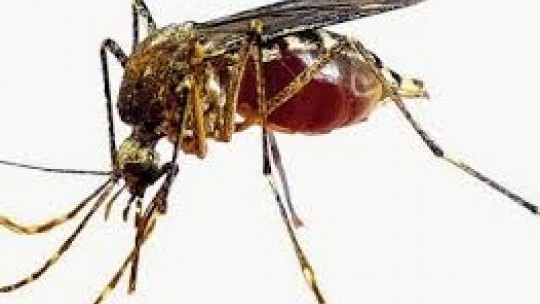There's concern from the local medical field that vital data related to the complications of the Chikungunya Virus, or Chik V, are not being gathered and analysed.
Head of the School of Public Health at the University of Technology, Professor Winston Davidson, views this as an important tool to be used to learn more about the long term effects of the virus.
His reaction follows Thursday's release of the Jamaica Health and Lifestyle Survey which confirmed the widely held speculation that more than half of Jamaicans were infected with the chikungunya virus when it swept across the island four years ago.
Sharing findings from the survey, which was conducted during 2016 to 2017, national epidemiologist in the health ministry, Dr Karen Webster-Kerr, indicated that 80 per cent of Jamaicans were in fact infected with the mosquito-borne virus.
She also noted that Chik-V has remained in the island since it first hit in 2014.
Professor Davidson argues that Chik V should not be taken lightly and more research should be done because of how different it was from other ailments.
“To look at the complications of the particular disease, there seems to be a sort of hangover of this disease. Usually you’d build up antibodies and it goes away. But this one - under certain conditions, you get some of the symptoms again,” he said.
And Professor Davidson has put forward his own theory about the varying effects the Chikungunya virus had on different people, based on his observations.
“It’s not to virus that has come back, it’s the immune response to the virus that takes place n the body. These complexes then might begin to attack your tissues,” Professor Davidson said..











 All feeds
All feeds







